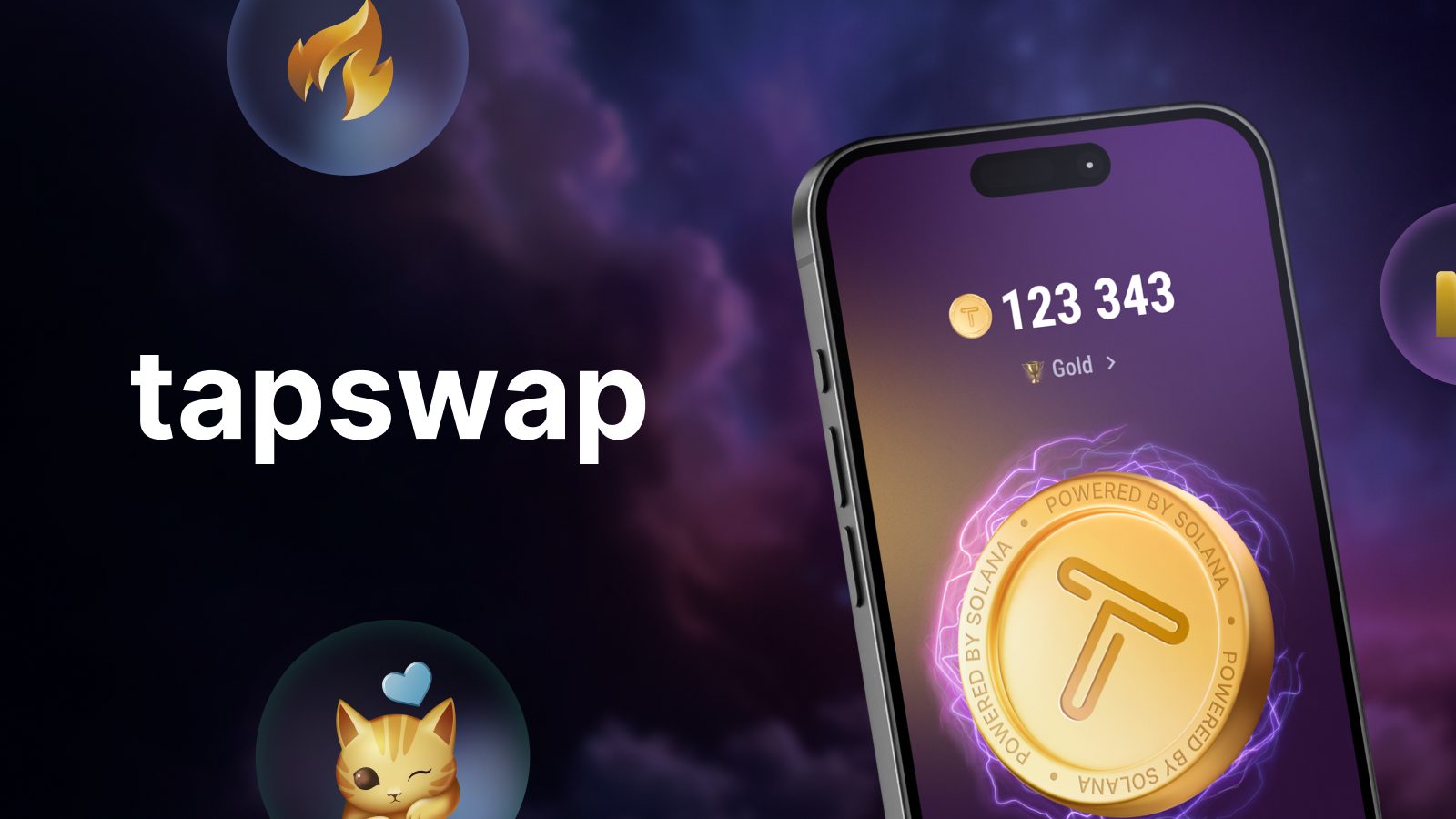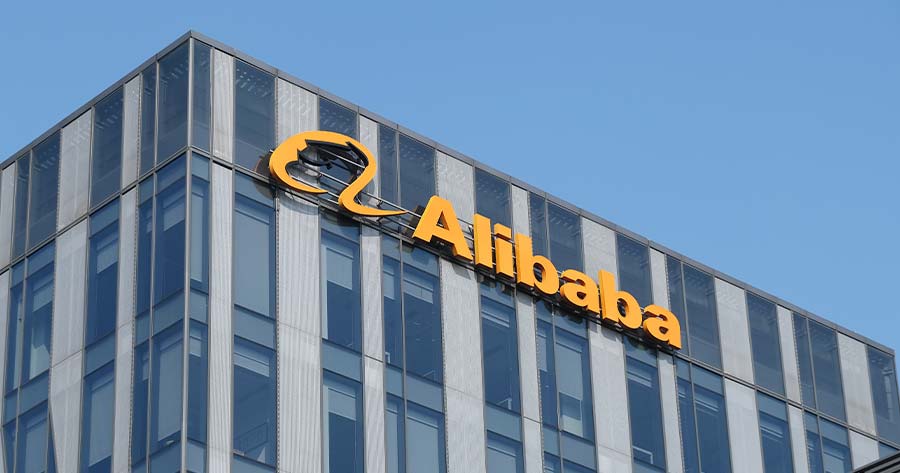Tech
Tapswap Postpones Token Allocation to Q3 2024

Overview: Tapswap, a tap-to-earn app powered by TON Blockchain, announced a postponement of its token allocation to the third quarter of 2024. Initially set for July 1st, this delay aims to better serve the app’s rapidly growing user base and ensure a robust and secure launch.
User Base and Popularity: Since its launch on February 15, 2024, Tapswap has amassed over 50 million users, particularly gaining traction among Nigerians. The app allows users to mine coins by repeatedly tapping an icon on the Telegram Tapswap bot screen.
Reasons for Postponement:
- Increased Attention and Security Concerns:
- The app’s rising popularity has attracted both scammers and legitimate web3 industry leaders.
- The management aims to protect the game from fraudulent activities and ensure a secure launch.
- Discussions with Tier 1 Exchanges:
- Tapswap is in active negotiations with top-tier exchanges to list its tokens, which requires additional time to finalize.
- These discussions are intended to enhance the app’s credibility and profitability for users.
- Detailed Work on Tokenomics and Launch Strategy:
- The team is focusing on refining the tokenomics and devising a comprehensive launch strategy.
- This involves intricate planning to ensure a fair and profitable token distribution.
Management’s Communication: In a series of threads on social media platform X, Tapswap’s management shared both ‘bad and good news’ with their community. They explained the benefits of the postponement, emphasizing that the delay would ultimately be advantageous for users.
Statements from Tapswap Management:
- The delay is intended to safeguard the project and ensure a successful launch.
- The team is committed to detailed work on tokenomics and a strategic launch to benefit all users.
- They assured the community that the launch in Q3 would be fair and profitable, appreciating users’ support and feedback.
Official Announcements: John Robbin, Tapswap’s Head of Communications, confirmed the postponement on June 20, 2024. He cited ongoing efforts to eliminate bot accounts and the need for a well-planned token allocation strategy. The exact method of token allocation remains undecided, but a significant portion of tokens will be allocated to the community to retain active users.
Future Plans: Tapswap encourages its users to stay positive and look forward to upcoming announcements about tier 1 partnerships and the token drop. The company values community feedback and aims to reach higher levels of success together.
Conclusion: The postponement of Tapswap’s token allocation to Q3 2024 is a strategic move to ensure a secure and profitable launch. The management’s proactive measures and ongoing discussions with top-tier exchanges reflect their commitment to the app’s long-term success and the satisfaction of its user base.
Tech
Alibaba Opens AI Video Generation Model for Free Use Globally

Chinese tech giant Alibaba has made its latest AI video generation models freely available worldwide, intensifying competition with rivals such as OpenAI.
The company announced on Wednesday that it is open-sourcing four models from its Wan2.1 series, its most advanced AI model capable of generating images and videos from text and image inputs. These models will be accessible via Alibaba Cloud’s Model Scope and Hugging Face, making them available to academics, researchers, and businesses globally.
Following the announcement, Alibaba’s Hong Kong-listed shares surged nearly 5%, continuing a strong rally that has seen the stock gain 66% in 2025. Investors have been optimistic about the company’s growing role in AI and its improving financial performance, buoyed by recent policy signals from Chinese President Xi Jinping supporting the domestic private sector.
Alibaba’s move aligns with a broader trend in China, where companies are increasingly embracing open-source AI. In January, DeepSeek, another Chinese firm, shook global markets by revealing that its AI model was trained at a fraction of the cost of competitors, using less-advanced Nvidia chips. Both Alibaba’s and DeepSeek’s models are open-source, meaning they can be downloaded and modified freely, unlike proprietary AI models such as those developed by OpenAI, which generate direct revenue.
The shift towards open-source AI has sparked debate over whether AI models will become commoditized. While companies like Meta are leading the open-source push in the U.S. with their Llama models, Chinese firms have been particularly aggressive in this space, aiming to drive innovation and build global AI communities.
Tech
VP JD Vance Pledges to Protect U.S. AI and Block Its Weaponization

Vice President JD Vance reaffirmed the U.S. commitment to safeguarding its artificial intelligence and semiconductor technologies, vowing to block efforts by authoritarian regimes to weaponize them.
Speaking at France’s AI Action Summit in Paris, Vance warned that some nations have exploited AI for military intelligence, surveillance, and foreign data manipulation. “This administration will block such efforts, full stop,” he stated. “We will safeguard American AI and chip technologies from theft and misuse, work with our allies and partners to strengthen and extend these protections, and close pathways to adversaries attaining AI capabilities that threaten all of our people.”
While he did not directly name China’s AI model DeepSeek, which has drawn global attention for its competitive performance at a lower cost, Vance criticized heavily subsidized technologies exported by authoritarian states. “We’re all familiar with cheap tech in the marketplace that’s been heavily subsidized and exported by authoritarian regimes,” he said.
In a pointed message to allies, Vance cautioned against collaborating with companies linked to such regimes, arguing it would compromise national security. “Chaining your nation to an authoritarian master that seeks to infiltrate, dig in, and seize your information infrastructure never pays off,” he added.
The U.S. has ramped up efforts to control AI development and chip manufacturing, tightening restrictions on exports to China and strengthening alliances in the tech sector.
Tech
Bitcoin and Ether Plunge as Trump’s Tariffs Spark Global Market Jitters

Cryptocurrencies took a sharp hit after President Donald Trump imposed sweeping tariffs on Canada, Mexico, and China, triggering a global risk-off sentiment among investors.
Bitcoin dropped 2% on Monday to $95,722.77, after trading above $102,000 over the weekend, according to Coin Metrics. Meanwhile, the U.S. dollar index, which typically moves inversely to Bitcoin, climbed by nearly 1%.
The impact was even more severe on other digital assets. Ether (ETH) plunged 12% to around $2,600, down from $3,300 on Friday. The CoinDesk 20 index, a broader measure of the crypto market, sank 16% since Saturday, compared to Bitcoin’s 6% decline.
Shares of crypto-related companies were also affected, with Coinbase and MicroStrategy each losing about 5% in premarket trading.
Market Braces for More Volatility
The sell-off began Saturday evening, just hours after Trump signed an executive order slapping a 25% tariff on imports from Mexico and Canada and a 10% tariff on China. The U.S. conducts about $1.6 trillion in trade with these three countries, raising fears of a potential trade war.
According to James Davies, CEO of Crypto Valley Exchange, traders are unwinding leveraged positions as uncertainty looms. “Bulls are de-leveraging massively right now, watching closely to see if this escalates into a full-blown trade war.”
Bitcoin’s immediate support level is at $90,000, with analysts warning that a break below this level could trigger a steeper pullback to $80,000.
Could Tariffs Boost Bitcoin in the Long Run?
Despite the current market turmoil, some investors believe a prolonged tariff war could benefit Bitcoin in the long run. Jeff Park, Bitwise Asset Management’s head of alpha strategies, argues that an extended trade war could weaken the U.S. dollar and lead to lower interest rates, which might push Bitcoin higher over time.
“While Bitcoin is seen as a hedge against inflation and uncertainty in the long run, it still trades like a risk asset in the short term,” said Geoff Kendrick, an analyst at Standard Chartered. He warned that Bitcoin may experience further volatility this month, especially if economic concerns push investors away from risky assets.
With Bitcoin now about 12% off its all-time high of $109,350 set on Jan. 20, seasoned investors remain watchful. Crypto markets have historically endured corrections of 30% or more during bull markets, meaning that traders are bracing for further turbulence in the days ahead.



















